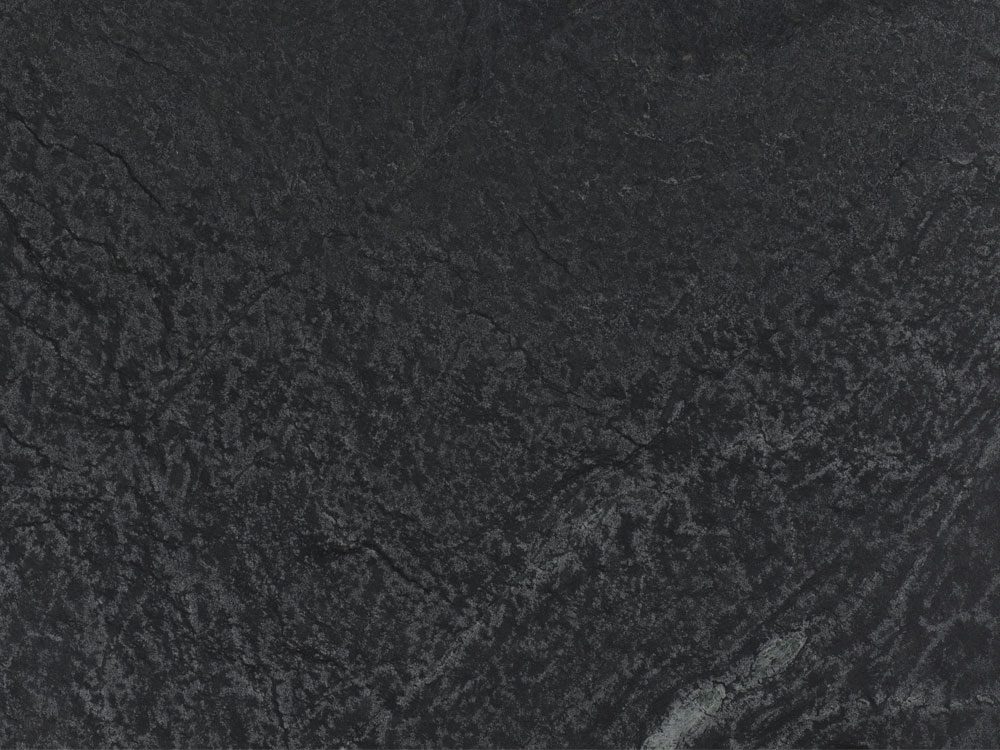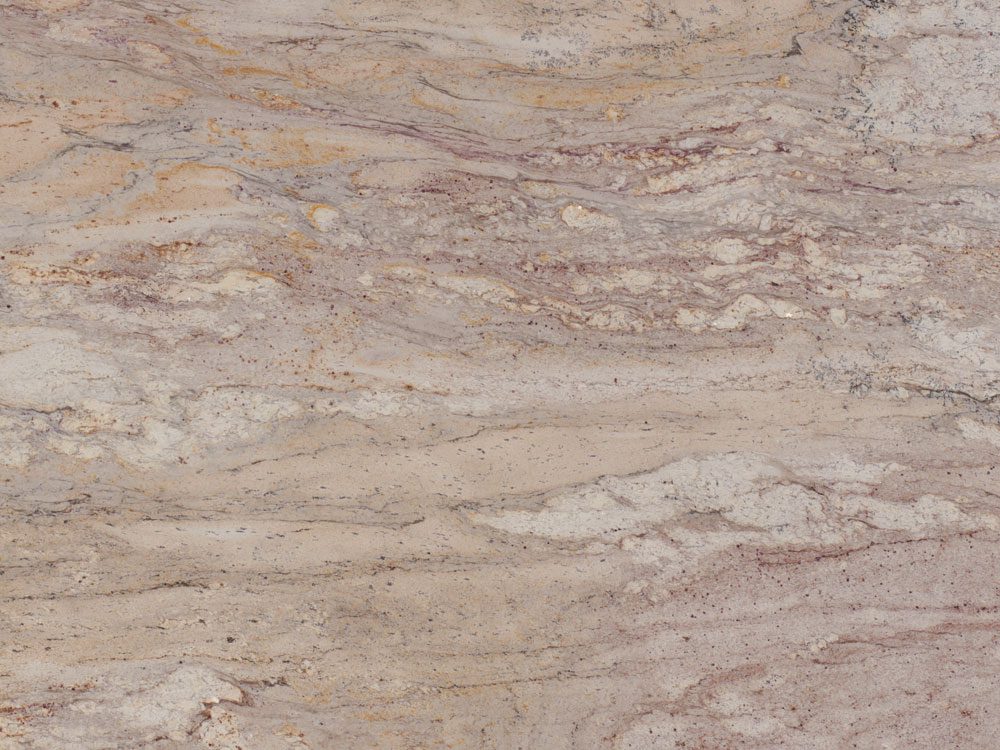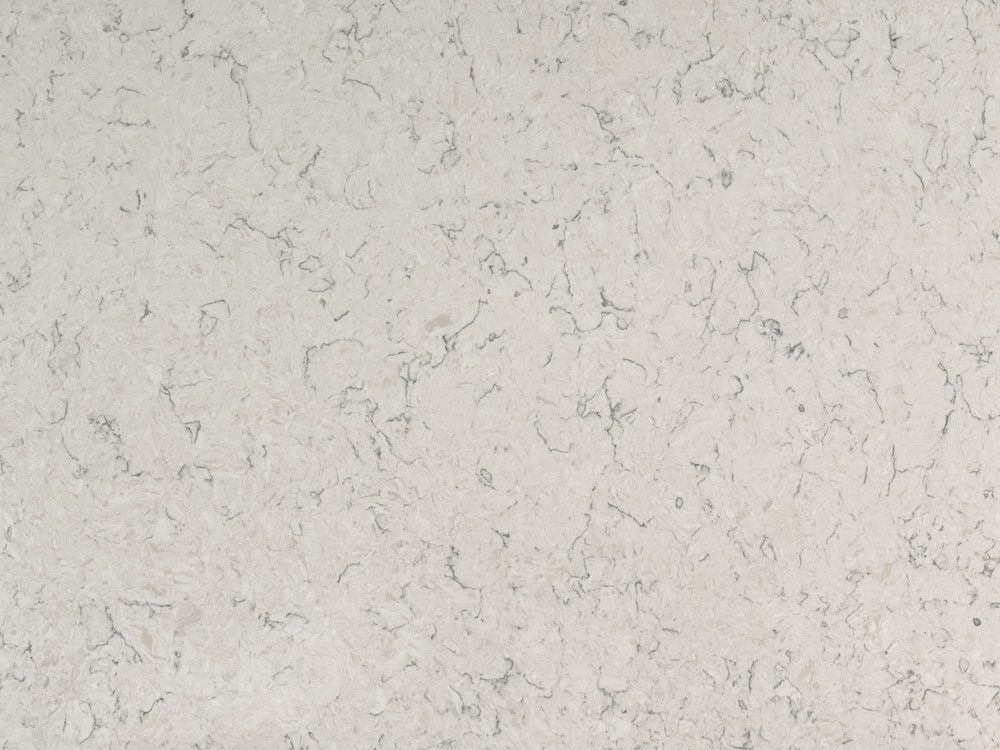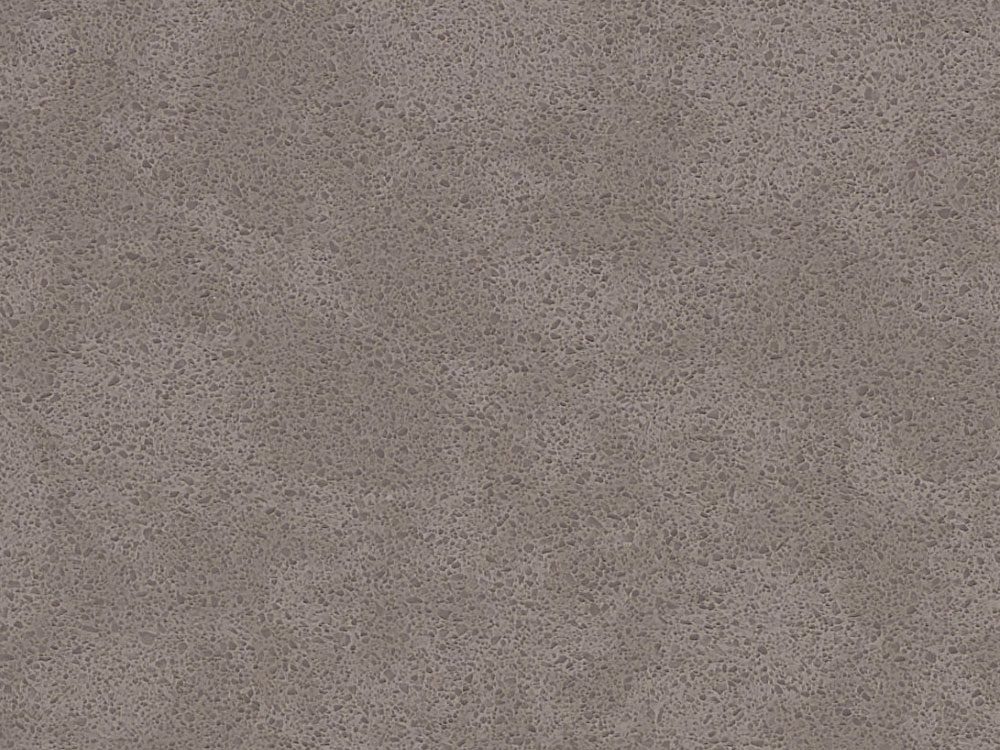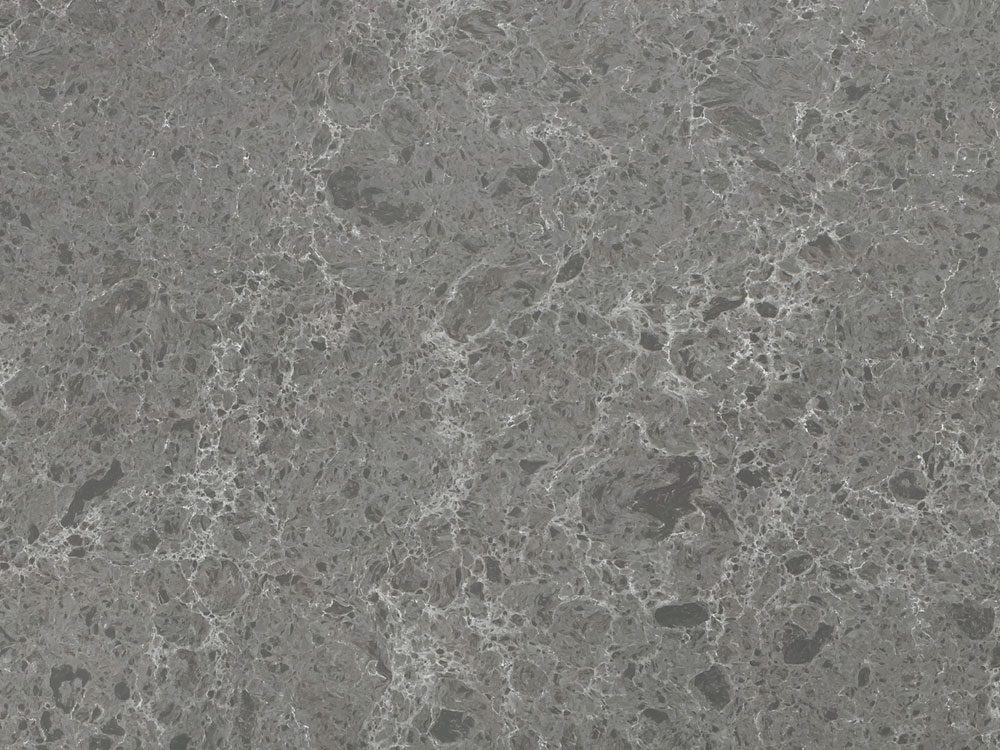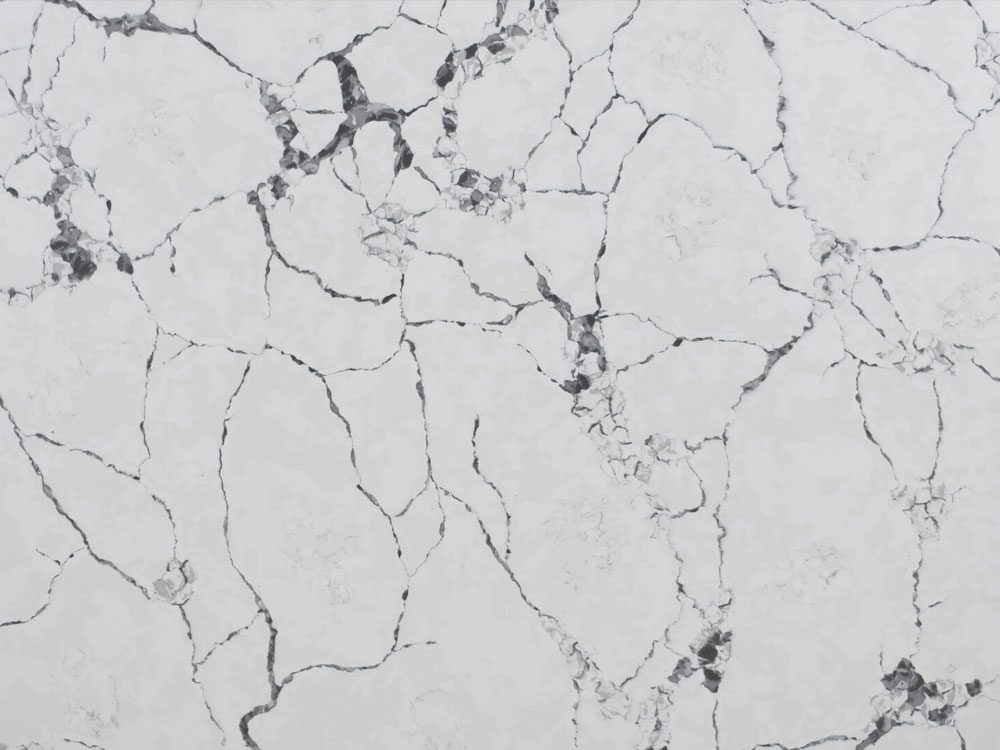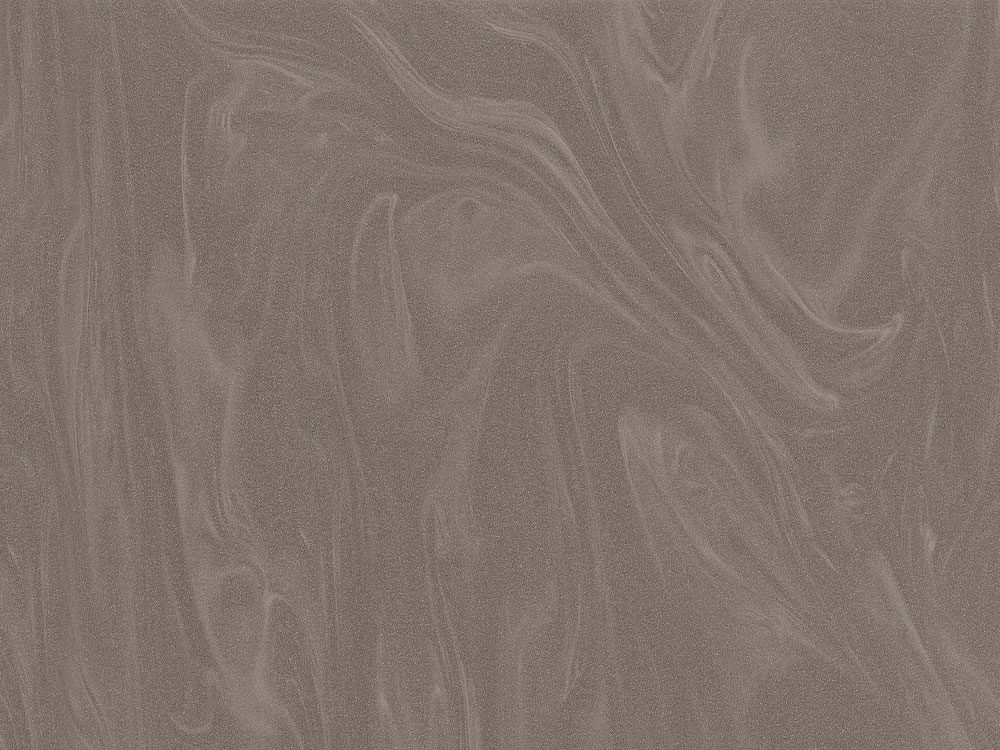Soapstone Countertops
About Soapstone
Soapstone is a natural surface material offered by Creative In Counters. Since it’s completely natural, it can be a rarer material for countertops. Soapstone countertops are steatite stone, containing dolomite, magnesite, and chlorite. It has a rustic appearance, bringing a unique element to your kitchen.
As far as colors go, soapstone is prominently available in whites and grays. Some have hints of other colors throughout. Soapstone also darkens over time, so it’s important to consider this when you’re choosing a color for your kitchen. One of the best things about soapstone is that it’s truly unique. But this does mean that you won’t find two slabs that are exactly the same. There will always be some differences.
A Durable Material
Porosity is one of the biggest factors to consider when you’re choosing your countertop material. If the countertop is porous, liquids left on the surface can seep down through the material. Staining liquids like wine or coffee can immediately stain the material before you get a chance to wipe it off. Porous countertops can even lead to bacteria and fungus growth. Soapstone is non-porous, so these things aren’t an issue.
Soapstone is one of the more durable natural stone countertop materials. It doesn’t crack easily and is harder to break than some other natural stones. It doesn’t stain either, which is something else you don’t have to worry about. However, it is a soft stone. While it doesn’t crack easily, it does scratch easily.
On the hardness scale, soapstone rates somewhere around marble, much softer than quartz. But while it isn’t as hard as quartz, it’s very dense, giving it more stability and reliability for your needs.
It’s natural to sometimes be setting hot things down on the kitchen counter. Usually we have to scramble for a pot holder to set down to be safe. But soapstone is resistant to heat. You don’t have to worry about discoloration or damage to your countertop if you set something hot on it.
It Makes Things Easy
Natural stone countertops are usually harder to install than their man-made counterparts. But soapstone is one of the easiest to install. The cost of installation is less than other natural stones. However, you do pay a bit more for the stone itself, due to the rarity and the benefits it provides.
Soapstone is easy to clean and maintain as well. You don’t have to frequently seal the material because it’s non-porous and doesn’t require it. All you need to use to clean it is a mild soap and soft sponge. While it doesn’t need to be sealed, it does have to be oiled regularly to maintain its signature look.
A Good Return on Investment
When you’re building or renovating your home, this is always something you want to keep in the back of your mind. If you ever want to sell in the future, you want to keep adding to the equity of your home. Soapstone offers a high return on investment, increasing your home’s value. You may even have a 50% return on investment with your soapstone countertops down the road.
Taking Care of Your Soapstone Countertop
As with any countertop material, you have to take care of it in the proper way to ensure it has a long lifetime. The soapstone darkens over time, taking around 7-9 months to reach its full patina. Use mineral oil to help enhance the patina during the progression. Apply mineral oil every week or two and ensure you rub it in thoroughly. It helps to even it out and make the finished result more uniform.
When the patina is finished, you only need to add mineral oil maybe 1-2 times a year. If the appearance of your countertop looks dry, mineral oil helps make it beautiful again. It gives it back the sheen it had when you first got it.
Certain products claim to be able to seal your soapstone surface so that it doesn’t darken. But since this material is non-porous, these products can’t actually soak through and guarantee that. If you worry about this, the product will need to be applied at least 1-2 times a month.
You only need a soft sponge or dishrag and mild soap when you need to clean the countertop.
Soapstone Countertop FAQs
Read answers to these frequently asked questions to learn more about soapstone countertops:
Can soapstone countertops get wet?
Yes, soapstone countertops can get wet. Unlike some other materials, soapstone is naturally water-resistant, so it won’t absorb water easily. This makes it a good choice for areas like kitchens and bathrooms. Still, you should wipe up spills quickly to avoid any staining or water spots over time.
Can I put a hot pan on a soapstone countertop
Soapstone is heat-resistant, so it won’t crack or get damaged from the heat of pots or pans. However, we still recommend that you use a trivet or hot pad. This will protect the countertop from potential discoloration or wear over time.
How does soapstone compare to granite or marble?
Soapstone is softer than granite and marble but is naturally heat and stain-resistant. While granite and soapstone require little maintenance, marble requires more care and sealing to prevent stains and scratches. Marble is also more sensitive to acidic foods and liquids.
Soapstone also has a different look than marble or granite countertops. It has a smooth, matte finish with earthy, subtle tones, giving it a unique and natural look.
What is the best way to oil soapstone?
When you oil your soapstone countertops, use a food-safe mineral oil or a specialty soapstone oil. These oils are easy to find at home improvement stores or online. Before applying the oil, make sure the soapstone is clean and dry. Wipe it down with a mild soap solution and a soft cloth, then dry it thoroughly.
Pour a small amount of oil onto the soapstone surface. Using a clean cloth, spread the oil evenly across the entire countertop. Allow the oil to sit on the surface for about 15 to 20 minutes so it can soak, Then, use a dry cloth to wipe away any excess oil. If the soapstone appears lighter or uneven, you can apply another coat of oil. For best results, oil your soapstone countertops regularly.
Can you use cleaning wipes on soapstone countertops?
We do not recommend using cleaning wipes with harsh chemicals on your countertops. Some cleaning wipes can leave a residue or damage the surface. Instead, clean your soapstone countertops with a mild dish soap and warm water, using a soft cloth or sponge.
You can use a gentle, non-abrasive cleaner if you need to sanitize. Always make sure to dry the surface afterward to prevent water spots.
Can I use vinegar on soapstone countertops?
Do not use vinegar on soapstone countertops. Vinegar is an acidic cleaner, and it can damage the surface over time, causing it to lose its natural shine. Instead, use a gentle, non-abrasive cleaner. You can continue to oil your soapstone countertop to maintain its natural look.
Does soapstone darken over time?
Yes, soapstone does darken over time. When you first get soapstone, it may be a lighter shade, but as you use it and oil it, it will gradually darken. This gives it a rich, beautiful look.
Many people enjoy how it ages and develops a natural patina. Regular oiling helps speed up the darkening process and keeps the stone looking vibrant.
Is soapstone safe?
Yes, soapstone is completely safe. It is a natural material that doesn’t contain harmful chemicals, which makes it a great choice for areas where food is prepared, like kitchens. Since soapstone is non-toxic, it’s safe to use around food without worrying about harmful substances leaching into your cooking space.
Top Selling Soapstone Countertops Colors
Please note these are for visual purposes only, we highly recommend you schedule an appointment to view our samples.
Additional Countertop Styles
Request A Quote
Creative In Counters is one of the area’s largest manufacturers of custom countertops. We carry one of the largest selections of manufactured and stone countertop products to help you choose the look that is right for your home or business.

